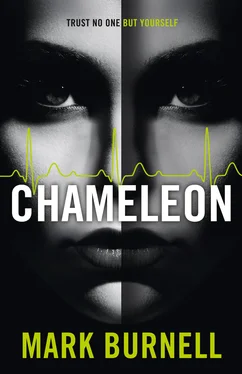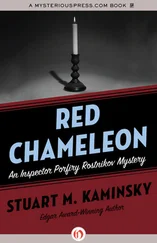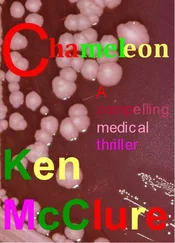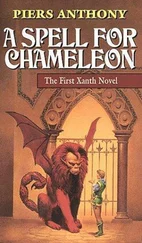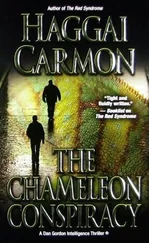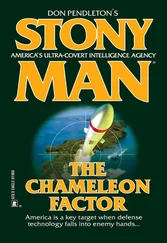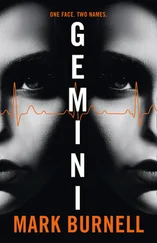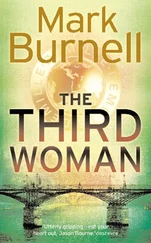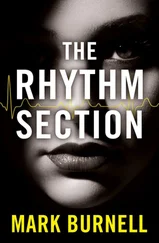I take a deep breath and let it out slowly. ‘Christ, Rosie …’
‘It’s okay.’
I put my hand on my forehead, shielding my eyes. ‘No, it isn’t. I’m sorry.’
At the weekend, I decide to strip the flat. I’d sooner it was bare than cluttered with someone else’s idea of personal touches. I take the pictures off the walls and dump them in the storage room in the basement. I empty the photos and paperbacks into black bin-liners. I sift through the CDs to see if there’s anything worth keeping. It’s a collection of chilling mediocrity; Michael Bolton, Mariah Carey, Whitney Houston, Elton John. Not a decent song between them and the rest. I reject all thirty-four albums in the rack.
I spend an hour of Saturday afternoon in Daunt Books on Marylebone High Street, where I buy a few paperbacks of my own. On Sunday afternoon, I buy half a dozen CDs at Tower Records on Piccadilly Circus, including two Garbage albums and Felt Mountain by Goldfrapp. In the early evening, I watch Wonder Boys at the Prince Charles cinema on Leicester Square. When I come out, I go back round to the front and pay to watch the next film on the bill , Buena Vista Social Club.
Wednesday afternoon. The febrile humidity of morning had made way for rain. They were sitting in Alexander’s office. Two windows were open; the downpour drowned the sound of traffic on the Embankment.
Alexander lit a Rothmans and said, ‘Tell me about Arkan.’
Arkan and his paramilitary Tigers. Stephanie’s skin prickled. ‘What about him?’
‘There was a rumour that Petra Reuter killed him.’
‘I never read that.’
‘It wasn’t in the papers.’
Stephanie tilted back on her chair. ‘Arkan was a dog. Not a tiger. And he died like a dog; he was put down, not assassinated.’
‘Did you kill him?’
Stephanie closed her eyes. It was 15 January 2000. Arkan – real name, Zeljko Raznatovic – was striding through the lobby of the Hotel Inter-Continental in Belgrade. For a fraction of a second they’d looked at one another. It had been his last fraction of a second. She’d used a Heckler & Koch submachine gun and had aimed for the head because Stern’s sources had said that Arkan would be wearing a bullet-proof vest. Which turned out to be true. Three of the bullets she fired found the target.
‘Eye-witnesses spoke of two assassins. Who was the other?’
‘It doesn’t matter. He’s dead.’
Stephanie saw something in Alexander’s reaction. Surprise, distaste, consternation? She couldn’t tell. He said, ‘The contract came through Stern?’
‘Yes.’
‘With no indication of the client’s identity?’
‘Not at first. Stern described the job as domestic.’
‘How did you interpret that?’
‘Slobodan Milosevic.’
Alexander reflected for a moment and then nodded. ‘I agree. You never met Milosevic, I assume.’
‘No. But I met his idiot son, Marko.’
‘How did that come about?’
‘Stern set up a meeting with an intermediary. I travelled from Belgrade to Pozarevac –’
‘Milosevic’s home town?’
Stephanie nodded. ‘I met the intermediary – a Belgian named Marcel Claesen – at Bambi Park. It’s a kind of sick amusement park that Marko Milosevic built.’
‘And he was there?’
‘Yes. With Malizia Gajic.’
‘Who?’
‘His partner. They had a child together.’
‘Did she have any connections that you know of?’
‘Only to a plastic surgeon who evidently believed the bigger the breasts the better.’
‘What about Marko?’
‘He thought he was a businessman.’
‘But you didn’t?’
‘I thought he was as thick as elephant shit. He had a peroxide spike for a haircut and wore a lot of Tommy Hilfiger.’
‘Did he appear to know the Belgian?’
‘In a manner of speaking. They were talking but I got the impression that Claesen was embarrassed to be seen with Marko.’
‘Do you think Marko passed on the information to Claesen?’
‘How do you mean?’
‘Was Bambi Park simply the rendezvous or was Marko in the loop?’
‘I doubt it. I mean, Claesen was the intermediary. If Marko had been involved, he could have just given the information to me himself. There would have been no need for Claesen.’
‘Yet they clearly knew each other. Suggesting previous associations. Perhaps involving other members of the family?’
‘That’s what I thought.’
‘Then what?’
‘Claesen and I drove back to Belgrade and he provided me with the information.’
‘Which was what?’
‘Where to pick up the weapons, where to meet the second gun, what Arkan’s schedule was.’
‘Why did you pick the Inter-Continental?’
‘It was nice and open, plenty of scope for panic.’
‘Did you kill the bodyguard, Momcilo Mandic?’
‘No. I focused on Arkan. The second gun scattered the protection. And everyone else.’
‘There were suspects arrested, I seem to remember. A man called Dusan Gavric, who was wounded.’
‘Getting shot doesn’t make him guilty. It makes him unlucky. Or careless. Having said that, I wouldn’t have fancied being in his position after he was arrested …’
‘Petra’s name was linked to other murders in the region. What about Pavel Bulatovic?’
‘No.’
Stephanie remembered the details clearly, though. The federal defence minister of Yugoslavia had been eating at the Rad restaurant in Belgrade, an establishment that looked onto a football pitch. The gunman had fired his Kalashnikov through the window in three concentrated bursts, cutting across the room in a diagonal, before using the pitch as his escape route. Following so soon after Arkan, Stephanie had wondered whether both assassinations had been ordered by the same individual.
‘What about Darko Asanin?’
She’d heard the name, a former Belgrade criminal. ‘No.’
‘Anybody else I should know about from that part of the world?’
Stephanie smiled coldly. ‘Arkan isn’t enough for you?’
I can’t face the Underground. It’s a foetid evening. Businessmen sweat into their shapeless suits. I walk beneath Hungerford Bridge, along Victoria Embankment, past the Ministry of Defence, towards Westminster Bridge. Gradually, the noise of the traffic, of the aircraft overhead, of the multitude around me, begins to recede. In my mind, it grows darker, cooler. The open spaces restrict themselves to four walls until I’m in a cramped room in a small hotel. There is a narrow bed with a thin mattress, a single wooden chair between a cupboard and a chest of drawers.
I’m lying on the bed, staring at the ceiling. I’m cold but I’m perspiring. I look as though I’m saying something but there’s nothing to hear. I don’t notice when I urinate, soaking the lumpy mattress. I only move when I know I’m going to vomit. But I react too slowly. I fall to my knees and throw up onto the floor. My back arches as I retch, and when it’s over I collapse onto my side and roll myself into a ball. I don’t know how long I stay there.
January 20th, 2000, Bilbao. Five days since Belgrade, five days since Arkan. Three days since I arrived in Bilbao and checked into this black hole. I was only supposed to be here for thirty-six hours. The arrangements were not complicated: pick up the package at the post office, use the new identity to travel to Rabat and then discard it, spend a week relaxing in Morocco as Delphine Lafont – the identity I used to enter Morocco ten days ago – and then return to Paris, as scheduled. Simple, clinical, perfect. Pure Petra.
At first, there was an overwhelming lethargy. My muscles turned to lead, my blood cooled. I imagined it congealing, turning black. With it came a sense of dread. Creeping up on me, smothering me. For two and a half years, I had functioned without fear. In my pursuit of mechanical perfection, I turned anxiety into caution, pain into penalty. I wanted to feel nothing, no matter what I did. And whatever I did, I wanted to do it with ruthless efficiency. I thought I’d eliminated doubt and chance from Petra Reuter’s life.
Читать дальше
